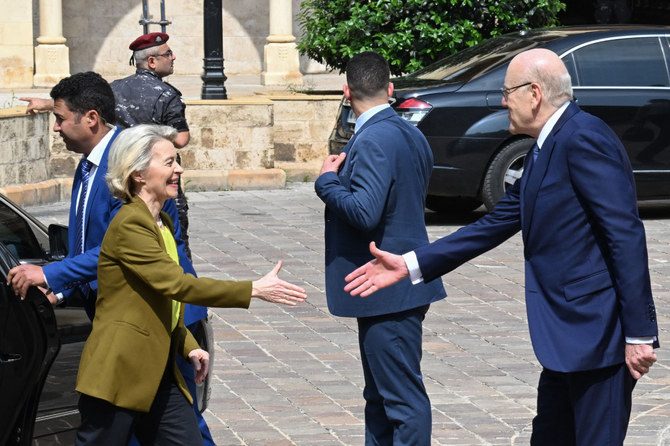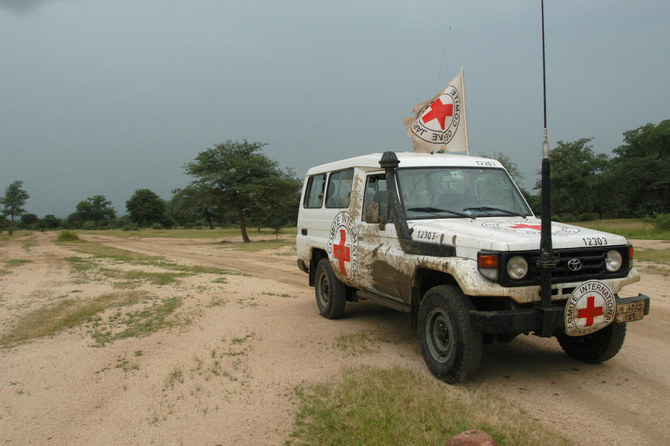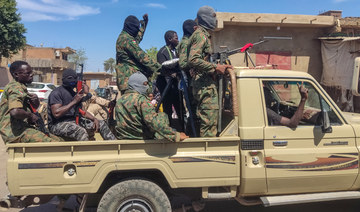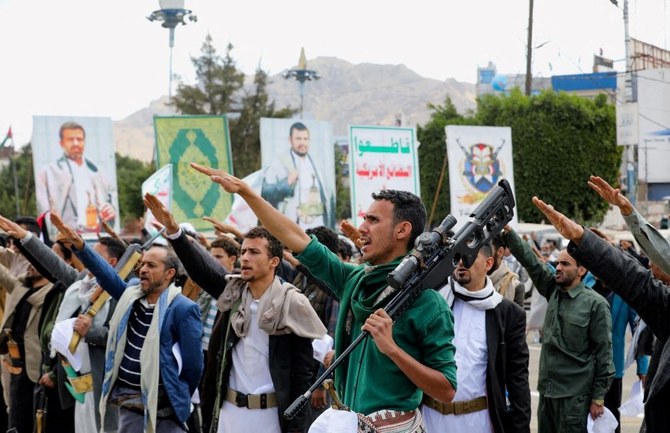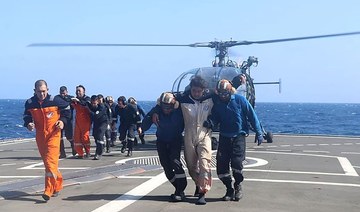A Florida attorney accused Qatari Sheikh Khaled Al-Thani, the playboy race-car driver and brother of Qatar’s equally powerful Emir, Tamim bin Hamad Al-Thani, of hiding and refusing to face charges he threatened to kill two former American employees who refused his orders to murder a critic.
Attorney Rebecca Castaneda filed a motion on Friday in the Tampa, Florida Middle District Court accusing Al-Thani of “evading service.” Castaneda asked Federal Judge Thomas P. Barber to give her more time to serve legal documents to Al-Thani requiring him to appear in court, in person, and to provide a deposition of his response to the charges.
Normally in a federal lawsuit, plaintiffs have 90 days to serve the legal documents to the defendants, in this case Al-Thani. Once served, the defendants must appear in court in person, or face court-imposed fines or judgments.
“I filed a motion asking the judge for an extension to serve, and in it I stated that they are evading service,” Castaneda said.
“The American legal system has rules of procedure that specifically address situations such as evasion of service or default judgment. If an individual or a company chooses to evade or ignore a lawsuit, it’s at their own peril. Changing a name on a passport, flying private planes instead of commercial, or trying to evade customs authorities – these things don’t make a lawsuit go away.”
Castaneda field the original lawsuit in July on behalf of two former employees who worked for Al-Thani’s companies, Matthew Pittard and Matthew Allende.
Also named as defendants are Al-Thani’s company Geo Strategic Defense Solutions LLC (GSDS) and KH Holdings LLC alleging violations of the US Fair Labor Standards Act and violating US laws.
Castenda said that KH Holdings has been properly served but that the attorney representing Al-Thani, Aryeh Kaplan, refused to accept the legal service to appear in court asserting that they did not represent Al-Thani’s interests or his company GSDS. Kaplan is a partner of the Miami, Florida law firm of Pillsbury Winthrop Shaw Pittman LLP.
Kaplan did not respond to requests for comment on Friday.
The lawsuit specifically alleges Pittard and Allende were threatened at gunpoint by Al-Thani when they refused his orders in September 2017 to murder two unnamed Americans who Al-Thani suspected sullied his social reputation.
The lawsuit claims Al-Thani’s threats against Pittard, a security professional, and Allende, a paramedic, continued to escalate.
When Al-Thani discovered that an American he had imprisoned at his luxury palace in Qatar had been freed by Pittard and Allende, he threatened Pittard saying, according to the lawsuit, “he would kill him, bury his body in the desert, and kill Pittard’s family.”
The unnamed American who was being held captive was first arrested on Al-Thani’s orders and jailed at the Onaiza Police Station in Doha, before being moved to Al-Thani’s residence.
Documents claim Allende scaled a five-foot security fence and an 18-foot wall to escape Al-Thani’s Qatari compound after he was allegedly threatened at gunpoint.
Brandishing a Glock 26 automatic pistol, Al-Thani demanded Pittard return the freed unnamed American citizen and provide information about his whereabouts or, Al-Thani told Pittard, he “would pay the price.”
Castaneda said the two Americans are seeking $33 million in damages to compensate for their inability to pursue their careers because of Al-Thani’s actions. Al-Thani interfered in Pittard’s work with a Qatar security, law enforcement, and arms brokerage contract that Pittard had negotiated with the Police Training Institute in Doha, Qatar.
Al-Thani “created an environment of fear and intimidation. Defendant’s behavior has gone beyond a term of employment and intentionally extended into Pittard’s business and personal and professional lives,” the Lawsuit claims.
Al-Thani is being sued personally, and against his two companies, GEO Strategic Defense Solutions LLC and KH Holdings LLC.
Castaneda said the judge has issued a summons for Al-Thani ordering him to appear in court. She said she expects the legal process to continue for many months adding that the case is “a long way from trial.”
Although the lawsuit focuses on an employment dispute and the firings, it details the intimidation and threats that Sheikh Khaled Al-Thani allegedly made.











